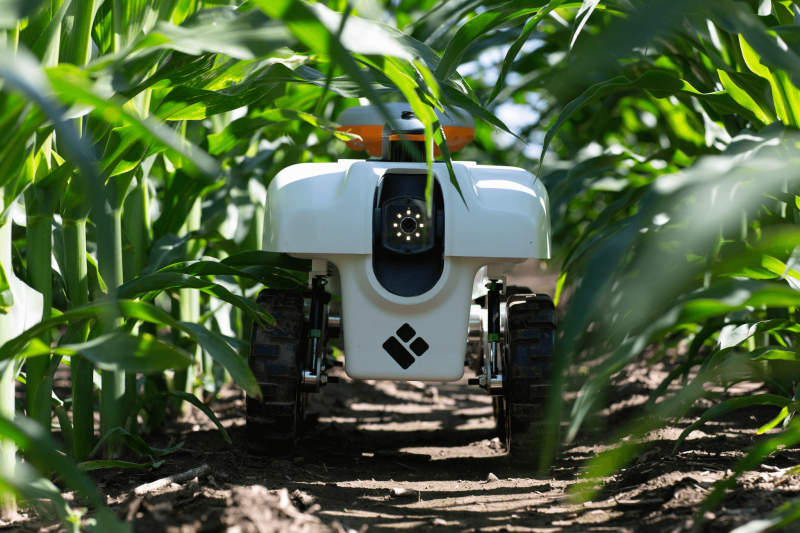Farmers are using all kinds of technologies and innovations to grow your food. You’ve read about some of them here – genetically modified crops, targeted crop protection and fertilizer use, robotic equipment, sensors, satellite imagery, digital mapping and selective breeding, among them.
Still, if you feel like you should know about them, but don’t, you’re not alone. New research released [December 12] shows more than a quarter of 1,500 Canadians surveyed can’t cite one example of innovation being used on the farm.
…
Feeding that suspicion is the fact that this new research, explained in a report called 2022 Perceptions of Canadian Agriculture Survey by hi-tech agricultural company Climate Fieldview (a part of multi-national organization Bayer), also revealed that just 13 per cent of Canadians viewed agriculture as more innovative than other domestic industries.
In other words, the popular view of farming as a familiar, grassroots occupation is still very much with us. The simple image that people cling to is hard to shake.
I’ve argued before that if Canadians need to think about farmers in a down-home way to generate support, then let them. After all, trust is key.
But understanding the full, real story about modern, technology-assisted farming is preferable. Besides giving a true picture of agriculture and its importance to the economy, it helps explain the public’s biggest food-related concern: that is, cost.































